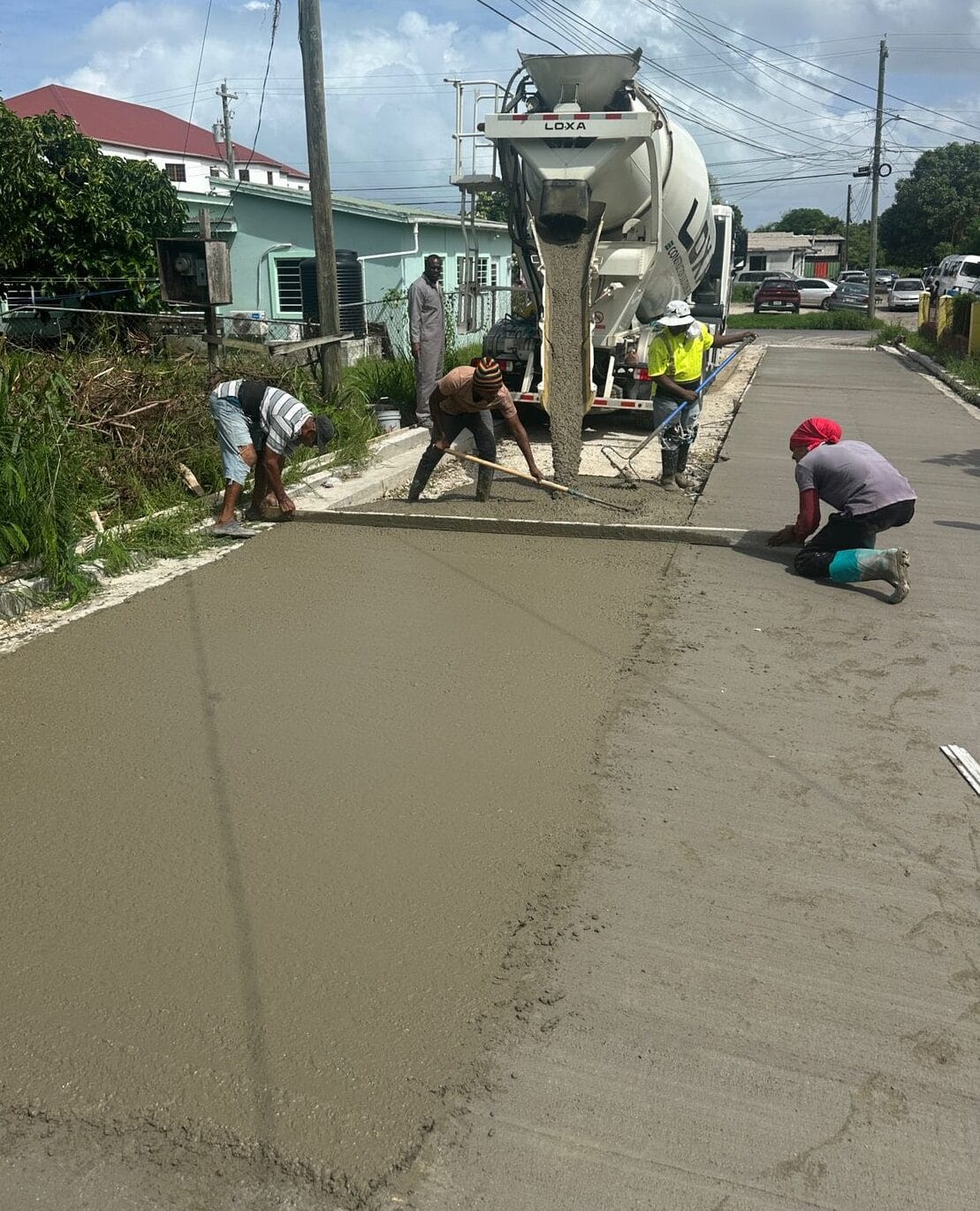During Wednesday’s Cabinet Meeting, chaired by Prime Minister Gaston Browne, the Ministry of Public Works presented groundbreaking initiatives aimed at transforming Antigua and Barbuda’s road infrastructure. The Ministry’s Management Team highlighted the adoption of innovative technologies to address the persistent challenges of durability, cost-effectiveness, and quality in road construction. Traditional methods have often fallen short, leading to frequent repairs and escalating maintenance costs. To counter this, the Ministry has embarked on a mission to integrate sustainable and resilient solutions. Two cutting-edge technologies were identified: SILICONPOX, a soil stabilization method that enhances road base strength and durability, and Natural Asphalt Cold Mix (“Asfaltita”), an energy-efficient, cold-applied surface developed by Colombia’s Hermis Corporation. A delegation, including Acting Director of Works and Engineer Joseph Prempeh, visited Pereira, Colombia, from October 16–21, 2025, to observe these technologies in action. The visit confirmed their potential suitability for local conditions. SILICONPOX, an eco-friendly solution, improves soil properties, reduces permeability, and increases load-bearing capacity, while Asfaltita offers a durable and cost-effective wearing surface. The Ministry also proposed the “Saint John’s Next Level Face Lift” project, envisioning Tanner Street as a Tourist and Vendors Boulevard under an EPC+F framework. Cabinet approved the Burning Flames Highway as the pilot site for these technologies, marking a significant step toward revolutionizing road construction and maintenance in the nation. Minister Maria Browne emphasized that this initiative will pave the way for broader adoption in future national infrastructure projects.
Cabinet Approves Pilot Project to Introduce Innovative Road-Building Technologies
